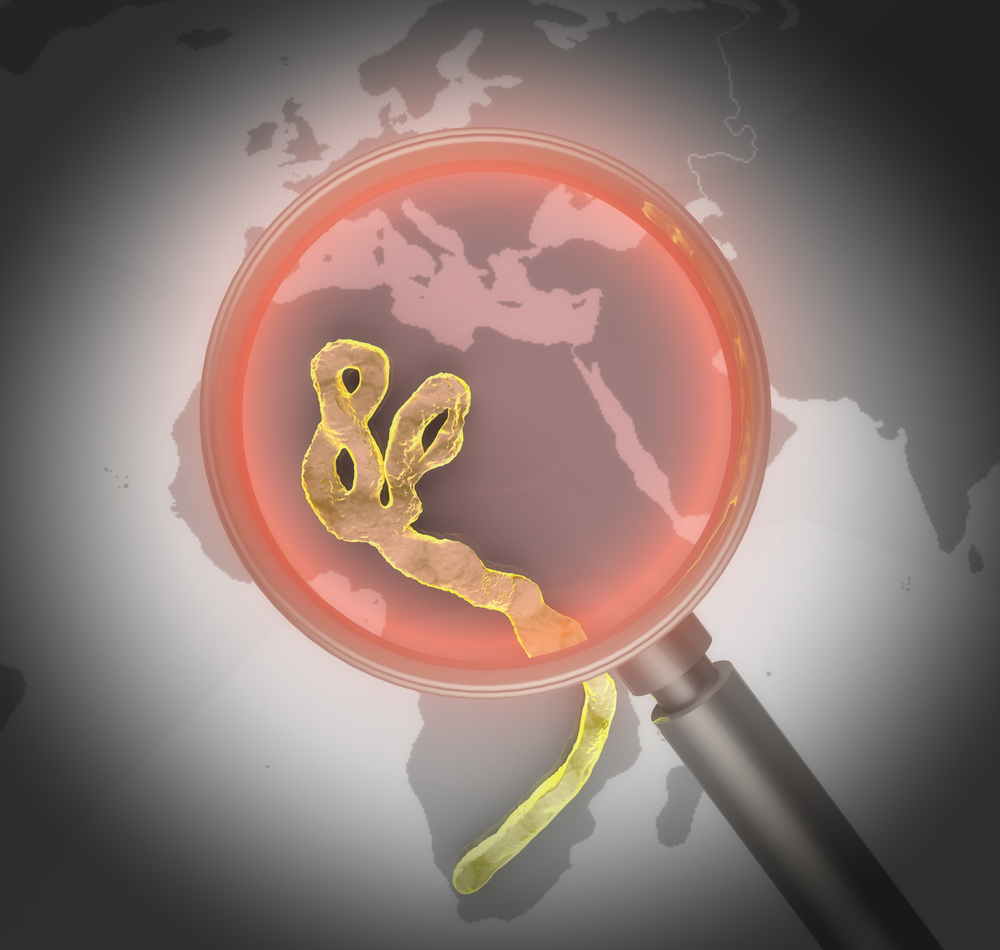
After nearly a year of battling an Ebola outbreak in the Democratic Republic of the Congo without success, the World Health Organization (WHO) this week declared the situation a Public Health Emergency of International Concern (PHEIC).
The declaration means the outbreak now poses a considerable threat to other nations and requires a larger, more coordinated international response. The call was made by WHO Director-General Dr. Tedros Adhanom Ghebreyesus, following a meeting of the International Health Regulations Emergency Committee for Ebola Virus Disease in the DRC. That committee pointed to spreading cases in new areas, including a city on the border with Rwanda.
“It is time for the world to take notice and redouble our efforts. We need to work together in solidarity with the DRC to end this outbreak and build a better health system,” Ghebreyesus said. “Extraordinary work has been done for almost a year under the most difficult circumstances. We all owe it to these responders — coming from not just WHO but also government, partners and communities — to shoulder more of the burden.”
Lack of funding has only worsened a situation already made difficult by regional strife — the former of which has been emphasized by the committee. Attacks on health care personnel have diverted efforts in what was already previously declared a level 3 emergency by WHO — meaning it is as severe as it could be. Meanwhile, the United Nations and the United States Centers for Disease Control and Prevention (CDC) have been working with WHO to try and contain the spread.
“Make no mistake, the challenges to stopping the Ebola outbreak are growing steeper, and the public health response will unquestionably be longer,” CDC Director Robert R. Redfield said. “CDC stands ready to support our U.S. government and international partners in limiting the spread of Ebola, improving the human condition, and bringing this outbreak to an end.”
CDC experts have been dispatched alongside United States Agency for International Development (USAID) personnel in the DRC, and all collaborating agencies are working in conjunction with the governments of the DRC and Uganda. Currently, their focuses are rapid case identification, tracking, contact tracing, case management, infection prevention and control, safer burials, vaccination, social engagement, and more.
The Emergency Committee also fears what travel and trade restrictions might do to affected communities as economic consequences could send the situation spiraling further.
“It is important that the world follows these recommendations. It is also crucial that states do not use the PHEIC as an excuse to impose trade or travel restrictions, which would have a negative impact on the response and on the lives and livelihoods of people in the region,” professor Robert Steffen, chair of the Emergency Committee, said.
Presently, there are 2,512 confirmed or probable cases of Ebola in the DRC. Of those, 136 are health workers.




